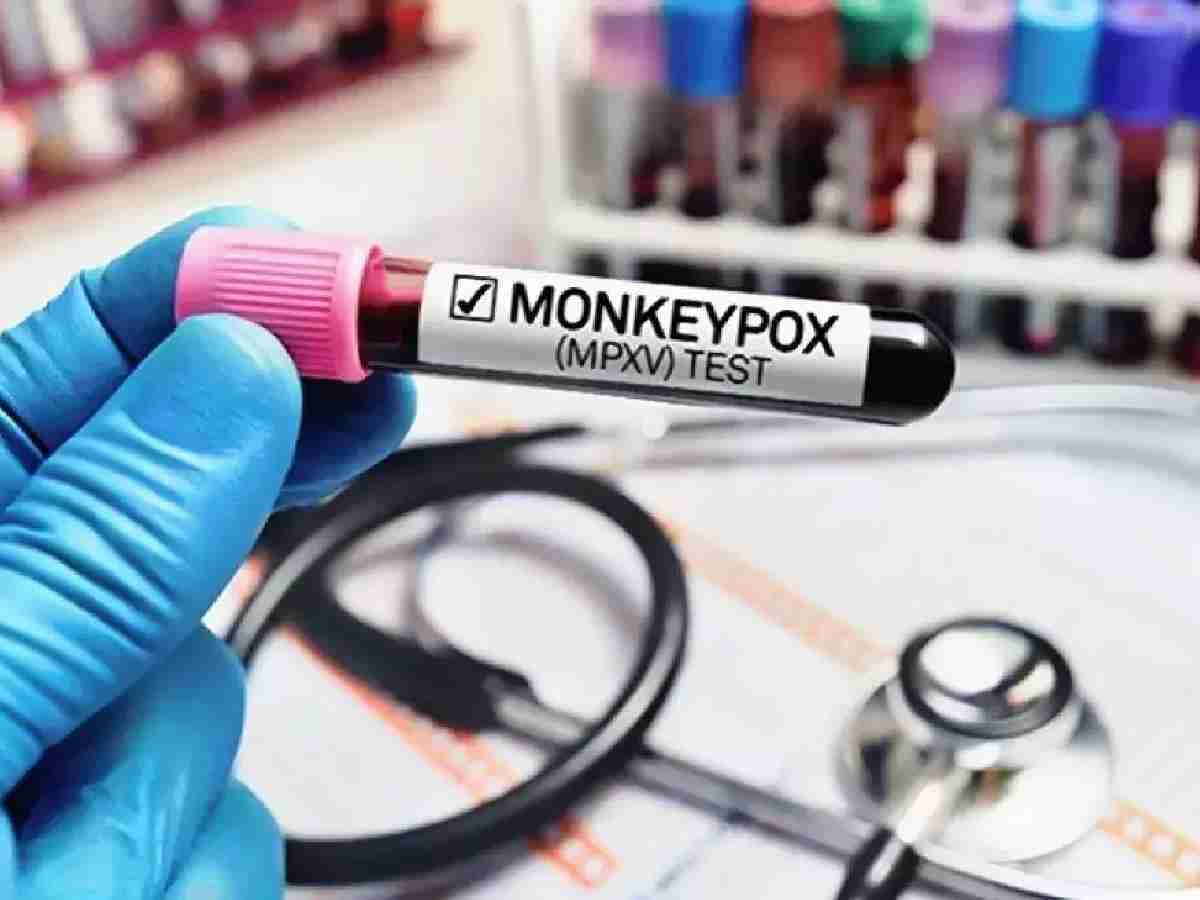
AIIMS Delhi issued guidelines on Tuesday for managing suspected Monkeypox patients, designating five beds for isolated treatment. The standard operating procedures (SOP) dictate that suspected patients should be promptly placed in a designated isolation area to limit contact with others.
The World Health Organization (WHO) has declared the Monkeypox outbreak a public health emergency of international concern, necessitating increased awareness, rapid identification, and stringent infection control measures to prevent further spread, according to a statement from the Centre-run institute.
The AIIMS SOP document describes Monkeypox as a viral zoonosis with symptoms similar to smallpox, though clinically less severe. It outlines the necessary steps for handling cases in the AIIMS emergency department.
Patients arriving with fever, rash, or a history of contact with confirmed Monkeypox cases should be flagged for immediate assessment. Key symptoms to identify include fever, headache, muscle aches, back pain, swollen lymph nodes, chills, exhaustion, and distinctive skin lesions.
Five beds have been reserved in the AB-7 ward for isolating Monkeypox cases. These beds will be assigned based on the recommendation of the chief medical officer of the emergency wing, with patients treated by the medicine department. The AB-7 ward will serve as a temporary holding area until patients are transferred to Safdarjung Hospital, the designated facility for definitive care.
The SOPs also instruct officials to notify the Integrated Disease Surveillance Programme (IDSP) when a suspected case is identified, providing details of the patient, clinical findings, and contact information.
Suspected Monkeypox cases should be referred to Safdarjung Hospital for further evaluation and treatment, as it is designated for managing such patients. A dedicated ambulance is assigned for transferring patients to Safdarjung Hospital.
All Monkeypox patients must be handled with strict infection control measures, and staff should use personal protective equipment (PPE) when interacting with them. Proper documentation of patient details, symptoms, and the referral process is required.
In response to the Monkeypox outbreak in neighbouring countries, the Union Health Ministry has directed airports and border authorities at land ports with Bangladesh and Pakistan to remain vigilant regarding incoming international passengers displaying Monkeypox symptoms.
The ministry has designated three Centre-run hospitals in the national capital — Ram Manohar Lohia Hospital, Safdarjung, and Lady Hardinge — as nodal centres for isolation, management, and treatment of Monkeypox patients. (With inputs from PTI)
On the principle of 'Sarvajan Hitaya, Sarvajan Sukhaya' -- Welfare for all, Happiness for all…
With hundreds reported missing in Delhi this year, this guide explains how families can use…
The case came to light after a 35-year-old woman from Panipat alleged that she had…
During the investigation, CCTV footage helped identify the suspects, according to Delhi Police
The launch took place during the inauguration of the Delhi Police Exhibition Hall at Connaught…
The 28-year-old factory owner was taken to Satyawadi Raja Harish Chandra Hospital in Delhi, while…